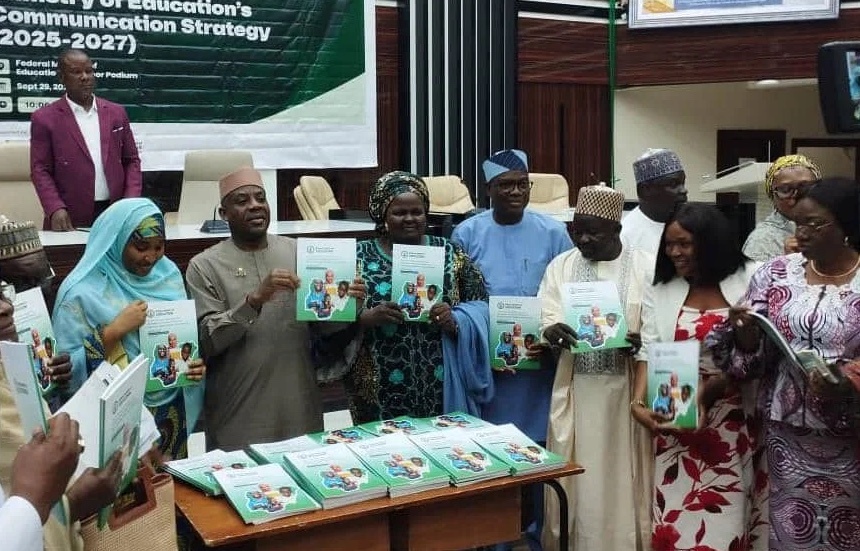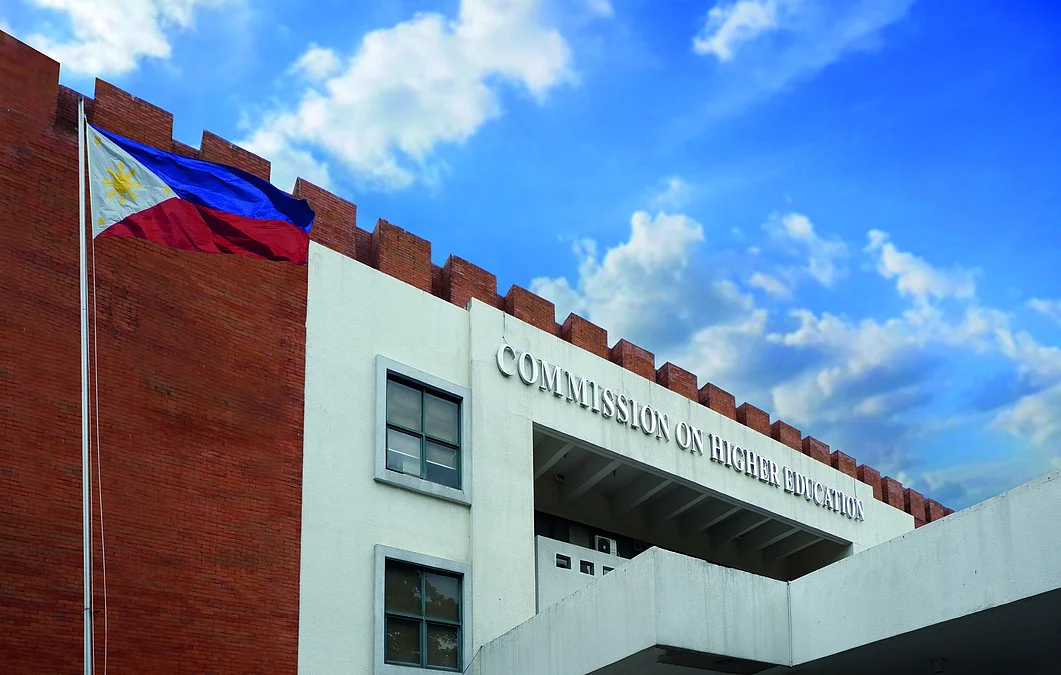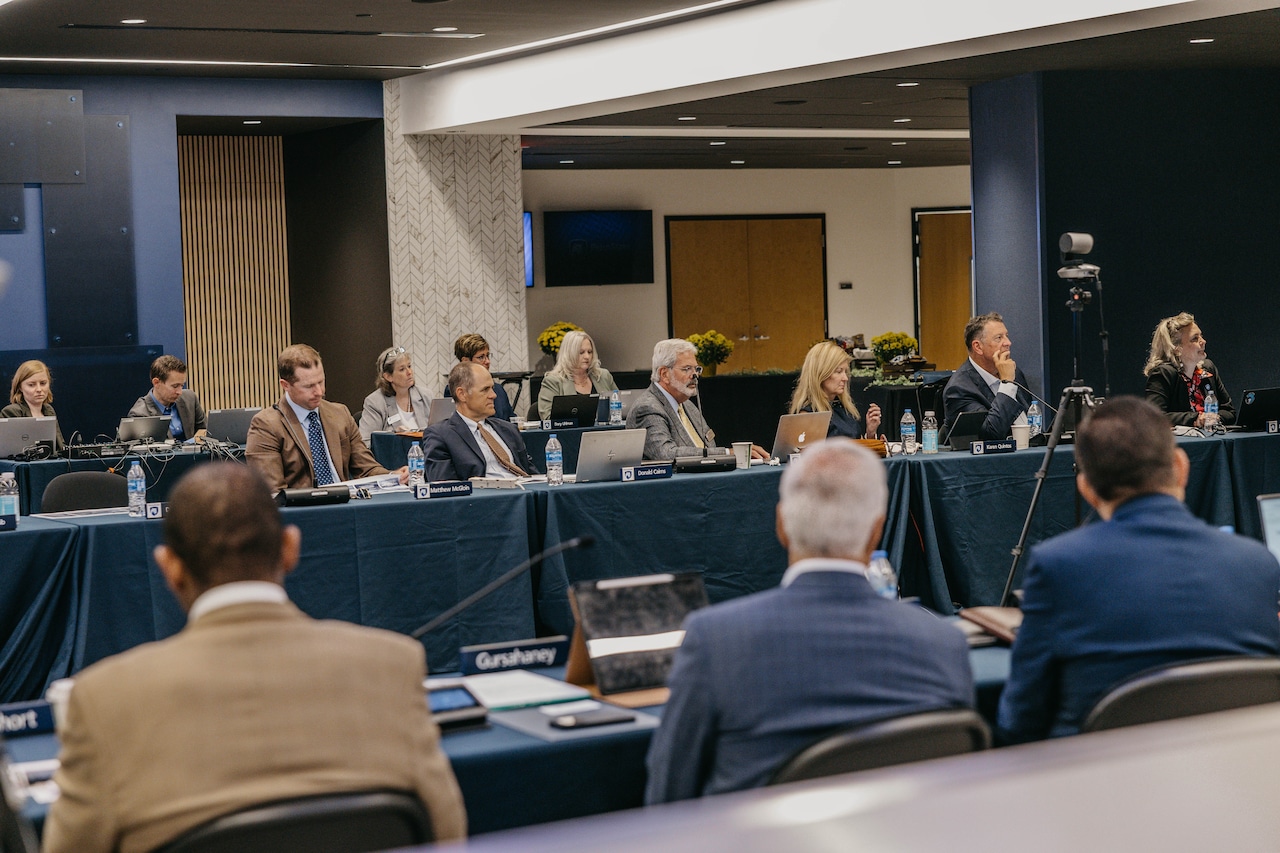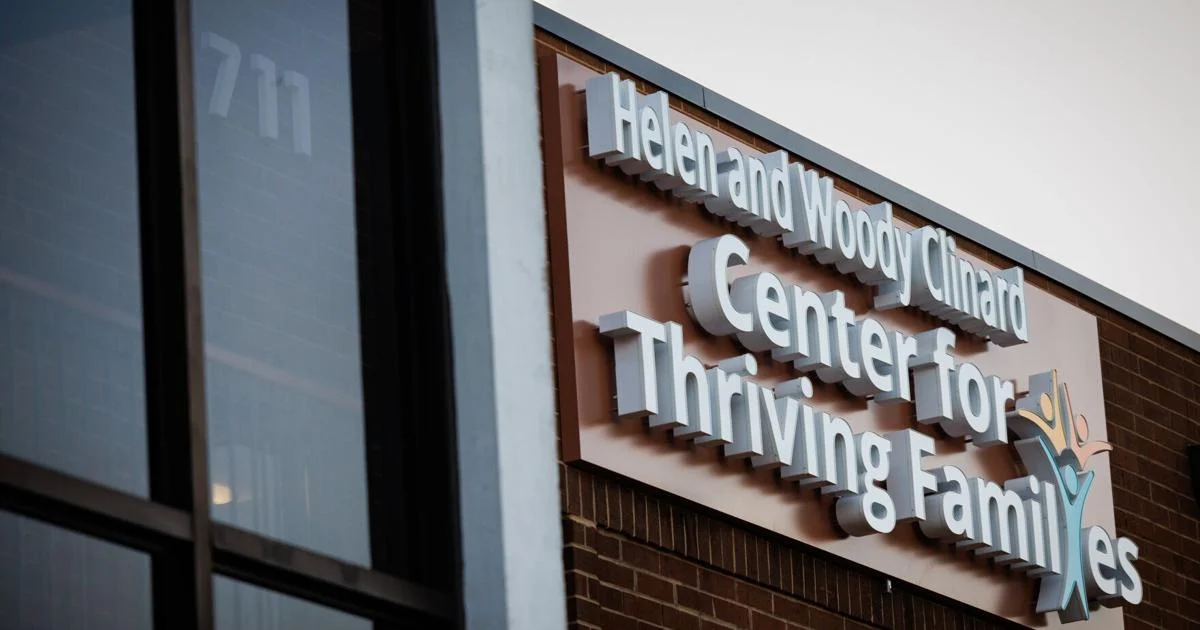By Rapheal
Copyright thesun

The Federal Ministry of Education has launched the 2025–2027 Communication Strategy and Framework to enhance policy engagement, transparency, and public trust in Nigeria’s education sector.
Speaking at the launch in Abuja yesterday, Minister of Education, Dr. Tunji Alausa, described the strategy as a blueprint for telling Nigeria’s education story “with clarity, credibility, and consistency.”
Alausa emphasised that effective communication was a “critical success factor” in achieving the education goals of President Bola Tinubu’s Renewed Hope Agenda.
“Today, we affirm that communication is not a peripheral activity but a central pillar of reform, accountability, and public trust.
“Education is not only about classrooms and textbooks; it is about shaping the destiny of our children and the prosperity of our nation.
“That future cannot be built in silence, it must be explained, debated, supported, and embraced by the Nigerian people.”
The minister commended President Tinubu for what he called unprecedented budgetary allocations to the education sector, which had enabled infrastructure upgrades, teacher training, and the rollout of the Nigeria Education Sector Renewal Initiative (NESRI).
Highlighting NESRI’s six priority areas, Alausa cited several achievements, including: Expansion of Technical and Vocational Education and Training (TVET), with more than 960,000 applications processed on the new digital platform and 58,000 students matched to training centres.
He said from the 2025/2026 academic session, federal and selected state technical colleges would offer free tuition, boarding, and stipends.
On basic education, the minister noted the following accomplishments over the last six months: Construction of nearly 4,900 new classrooms, Renovation of 3,000 classrooms.
“Supply of more than 353,000 pieces of furniture, benefiting approximately 2.3 million learners.”
He added that the ministry had identified nearly one million out-of-school children, reintegrated 35,000 learners, and was planning the rollout of bilingual smart schools in 33 states.
Alausa stressed the importance of public awareness and engagement in the success of education reforms.
“Policies and programmes alone cannot succeed unless they enjoy the understanding, trust, and active support of stakeholders and the Nigerian public.
“For too long, transformative initiatives have been launched quietly, with limited awareness beyond those directly involved.
“This often leads to misconceptions, resistance to change, or a lack of ownership among those the programmes are meant to serve.”



